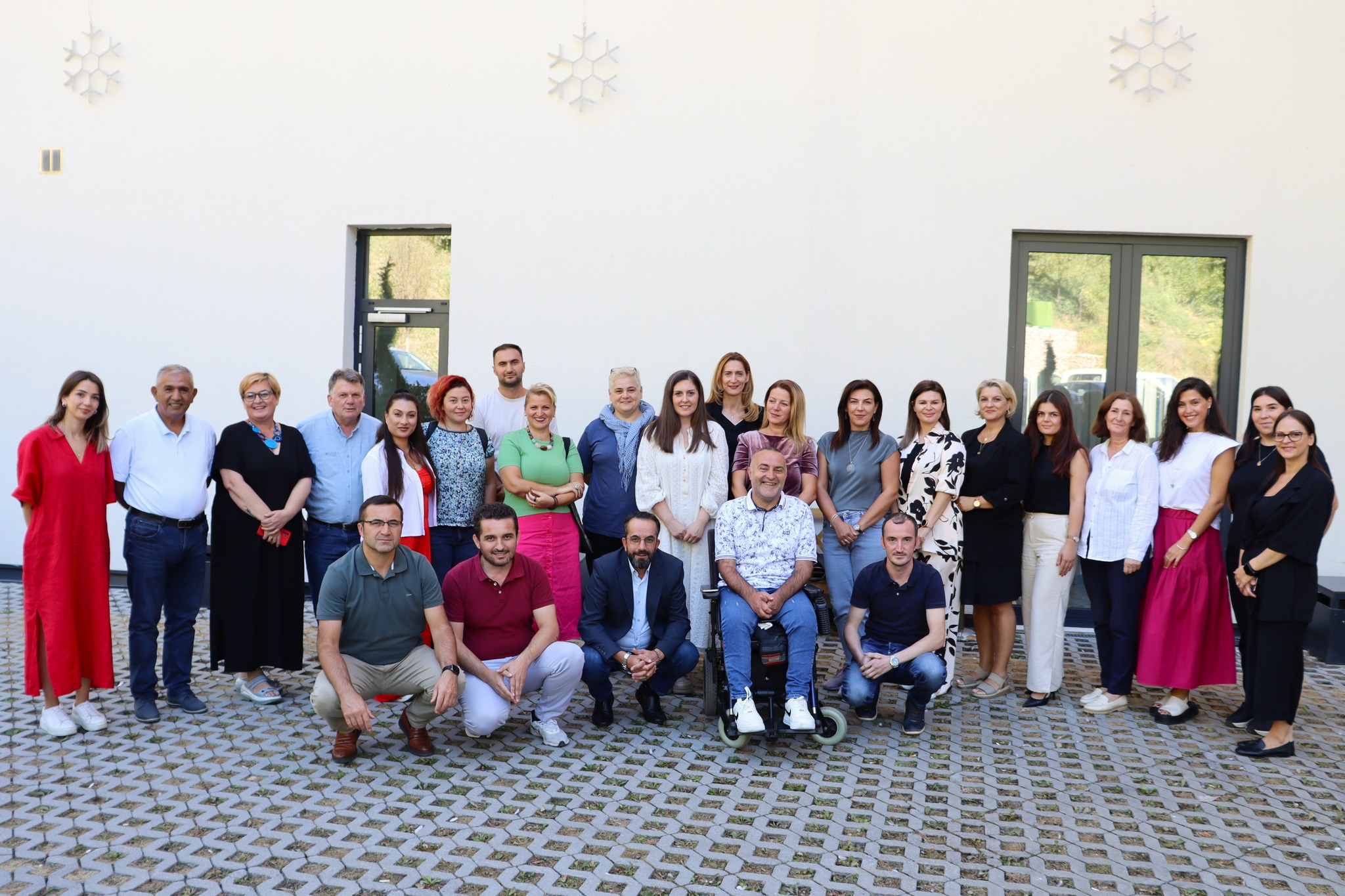
The Draft Law on Social and Family Services is approved
We are delighted to have learned during the meeting with the General Assembly members of KOMF that the Draft Law on Social and Family Services, which was processed by the Ministry of Justice, was approved in the meeting of the Government of the Republic of Kosovo. We are happy that KOMF’s vision for the reform of social services has been fully incorporated into this draft law. The drafting of the draft law was a long, intensive, and highly challenging process, but it was necessary for KOMF and its member organizations. In this journey, we were with a common voice alongside the Ombudsperson Institution, the Association of Social Work Centers in Kosovo, and the Association of Kosovo Municipalities. From the new law, it is expected that children, families, and citizens in need will receive higher quality and sustainable social and family services.
We would like to thank the chairperson of the working group, Adile Shaqiri from the Department of Social Services, and Mentor Morina from the Department of Social Policies, for their close collaboration, involvement, and meaningful integration of civil society throughout the drafting process.
We would like to thank the European Union in Kosovo, UNICEF Kosovo Programme, and KCSF for their support in this process.
The Draft Law on Social and Family Services introduces the following innovations:
• Expanding the range of services, establishing new services by defining preventive, protective, rehabilitative, and reintegration services, and categorizing services into three primary, secondary, and tertiary categories, thereby ensuring the right to social services for all children and persons in need of social services, regardless of the level of urgency or risk.
• Establishing an open scheme for the provision of social services that includes the public sector, non-governmental organizations, and the private sector. The open and sustainable scheme for providing social services among public institutions, the non-governmental sector, and the private sector offers opportunities for a broader range of social services, specialized, and higher-quality services.
• Developing and strengthening family and community-based services, expanding forms of protection, specifically developing family-based housing after reaching the age of 18, and introducing a new form of protection, “Supervised Independent Living.”
• Dividing the responsibilities of central and municipal-level institutions to avoid ambiguities regarding the establishment of social services, management, monitoring, and inspection.
• Separating the function of inspection and monitoring, strengthening inspection by granting executive powers, defining measures, fines, and sanctions, and providing the necessary capacities to perform the required functions.
• Regulating the contracting of social and family services.
• Continuous professional education and accreditation of programs in the field of social and family services.

Recent Comments